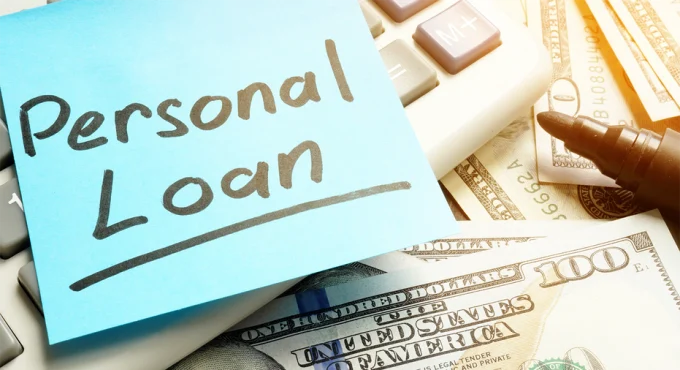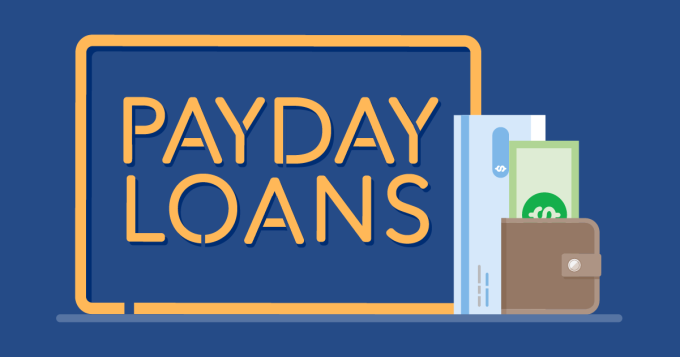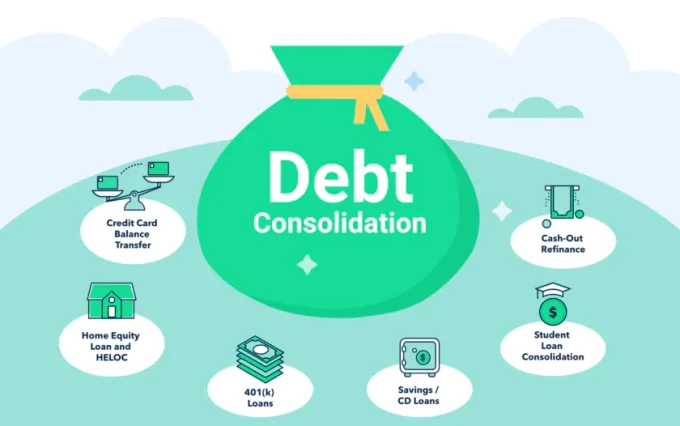Taking out a loan is not something new, we do it a lot, and with the economy where it is and the cost of living going up so fast, there is no surprise so many of us are needing loans.
However, there are many types of loans, and there is no one-for-all loan. Some types of loans such as personal loans can have many uses, but others are more specific.
You can take out loans from banks, credit unions, or even online lenders such as CreditNinja.com. But, before you go ahead and start taking out loans, make sure you know what each of the different types of loans are.
Loans: How Do They Work?
Loans can help us to meet life goals that are unaffordable otherwise, things like getting a decent first-hand car, buying a home, or studying your topic of interest. Loans come in all shapes and sizes, you can even get loans to pay off other loans.
But what does each one do?
Let’s find out!
Personal Loans
Personal loans are one of the great loans which are not designed for any specific purpose. Typically these loans can be used for anything you choose, within reason, some lenders will have restrictions on what you can use them for.

You could use it to cover a wedding, an emergency medical expense, or home improvements.
These types of loans are often unsecured, meaning you do not need to put down any collateral when you take out these loans. However, they can have fixed or variable interest and repayment terms can be a few months to years.
Note that the rate you get on these loans is dictated by many factors, one of the most important of which is your credit report.
Credit Cards
Credit cards are technically a form of loan. When you pay using a credit card, you are essentially taking out a small loan. If you pay off the balance of your credit card in full straight away, you will typically have no interest charged.
Yet, if you have debt on the card unpaid, you will receive a rising interest each month until it is paid off. The average rate of interest for credit cards is around 16.88%. This does vary from place to place, however.
Credit cards are unlike other loans however, as they are revolving debt. Your card has a limit, and you can borrow money until you reach this and repay over time. Loans are just a lump sum, but credit cards give you the option to take as much as needed at any given time.
Auto Loans
Auto loans are the loans that allow you to buy a vehicle, you borrow the worth of the car, take away any down payment. The car itself will serve as the collateral in the case that you do not make payments.

Terms for this type of loan are often from 36 months to 72, however, as vehicle prices rise, the terms of loans are becoming longer.
Mortgages
Everyone has heard of a mortgage, at least every adult has. Mortgages cover the cost of a home, with down payments deducted. The home will act as collateral which can be repossessed if you miss mortgage payments. Mortgages will usually be repaid over a period from 10 to 30 years.
Government agencies usually do not insure mortgages however, some people may qualify for this.
A mortgage will have a fixed rate of interest that will maintain its rate throughout the loans’ life. However, some mortgages can have adjustable rates which the lender can change on a yearly basis.
Home-Equity
Home equity loans are like a second mortgage in a way. They allow you to borrow a percentage of the equity in your home for any use. They are also installment loans, much like personal loans are. Although, you can get a home equity line of credit, which functions more like a credit card does.
Payday Loans
Payday loans typically get a bad rap, and most will tell you to avoid them, and if you can, you should. They are short term loans, and their fees and interest rates usually equate to an APR of 400% or higher. They need to be repaid before your next payday – hence the name.

They are most often available online, and they can be available in amounts from $50 to $1,000. One of the appeals of these loans is that they do not always need you to have a credit check done. So, for those with poor credit, there can be a way to get a loan where they cannot otherwise.
These loans are easy to get, but are hard to repay, and they will often lead to you renewing just to pay off the loan and can land you in a spiral of debt.
Student Loans
Student loans are another obvious loan type, you use them to pay for college or graduate schools. You can get them from the government or from other private lenders. Government based student loans are most desirable as they offer you income-based repayment options, and a bit of forbearance.
They do not require a credit check, and the loan terms, interest, fees, and repayment period are the same for each person with the same loan type.
Private lenders usually need a credit check, and the lender sets their own conditions, rates, fees and so on.
Debt Consolidation
Debt consolidation loans are usually a form of personal loan that is made for paying off high-interest debt or multiple debts. If you took out a payday loan, as above, and you also have other debt, a debt consolidation loan can help.

This loan pays off the other debts and then the only debt you have will be the debt consolidation loan, which will usually have a lower interest rate, and you will also have the ease of only having one debt to pay off, instead of many.
These loans can have variable or fixed rates, depending on the lender.









